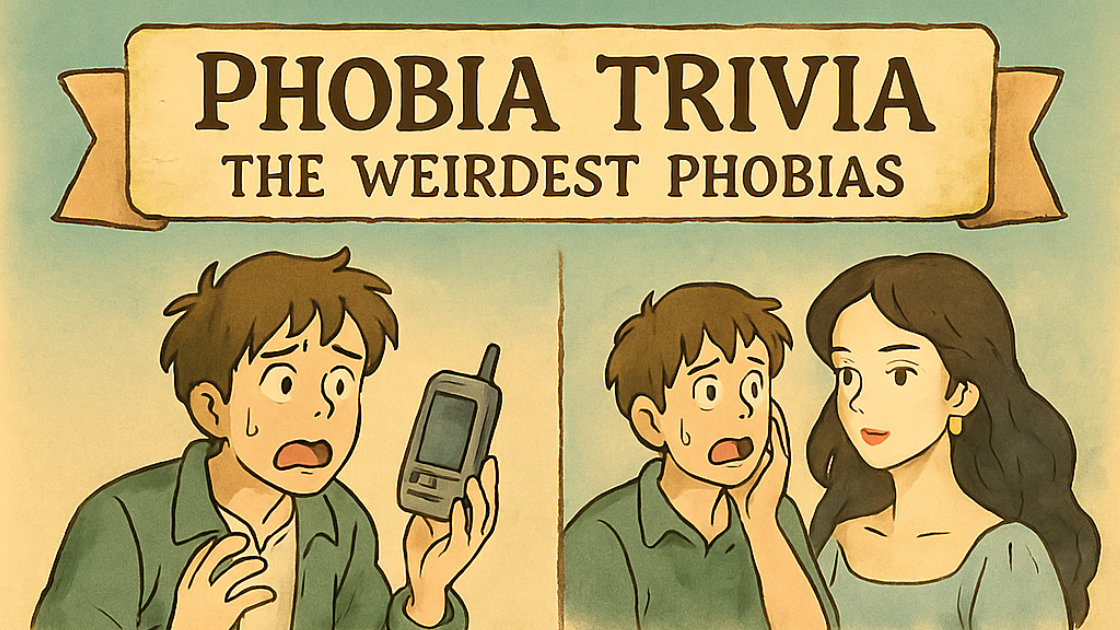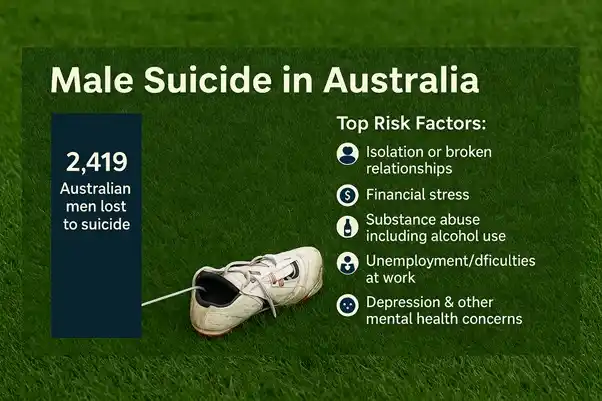Hypnotherapy – does it really work
When we get asked “does hypnotherapy work?” (as we do innumerable times) a torrent of assumptions underpin the question. Typically we appreciate the wishful element in such a question but, in general, we recommend a healthy sense of scepticism. Recently, Bayside Psychotherapy received a visit by an intelligent, young Google employee for a survey. He also posed the question while voicing his opinion that hypnotherapy doesn’t work. I appreciated his honesty – not because I practice longer-term psychotherapy rather than quick fix therapy, but because there was both openness and critical thinking. Simply answering no would make us seem fraudulent given we have therapists who provide a version of hypnotherapy. Nonetheless, responding simply with yes is equally flawed and does not take into account the assumptions inherent in the question.
So what are these assumptions?
Commonly, but not universally, here are some preconceived ideas uncovered from interviewing prospective hypnotherapy clients.
1. It is curative.
2. It’s a quick fix.
3. It’s systematically performed during a sleep like state or against the subjects will.
4. Little personal responsibility or effort is required for it to work.
Why do we maintain these assumptions while intuiting their absurdities?
1. Neo-liberalism – the ideology of perfecting the self through high performance and self-improvement is appealing, yet I would propose it reinforces a sense of emptiness by trying to fill a void with insufficient answers. Under this guise the appeal of a magical cure is hard to resist: “look into my eyes, and when I click my fingers all your addictions, sexual dysfunctions and eating conflicts will vanish”.
2. Capitalising on the above ideology, various unscrupulous marketers promote hypnotherapy as a magical cure for all through money back guarantees, massively inflated fees and testimonials.
3. There are actual examples of seemingly miraculous outcomes. We’ve all heard stories like ‘hey, my friend went to a hypnotherapist for weight loss and she hasn’t touched sugar in three years’. Generalising these examples is of course naive and inconsiderate of each person’s history.
4. It’s generally more appealing to imagine a quick fix or a short-term treatment which doesn’t require hard work, intensive therapy, or major commitment/emotional investment where painful truths about ourselves are spoken about in detail.
5. Despite often conscious protest, it’s appealing to some to place the position of a Master outside of the self and look to a hypnotist as some kind of guru who can fix us.
Fine, so what can prospective clients do then?
Test drive it yourself, otherwise it’s just an academic exercise at best (kind of like the difference between hearing someone describe a song versus listening to the song yourself). But be realistic and willing to have more than a few short sessions. Choose wisely. Check out qualifications and experience. Ignore any hype or quick fix claims. With realistic expectations and a questioning yet open mind, hypnotherapy can certainly assist some people.
We don’t take on everyone
We only take on people we believe we can work with effectively. To establish this, a thorough assessment is necessary in a session or two. Then hypnotherapy can be considered in conjunction with other methods, depending on the treating therapist.
Be prepared to challenge your assumptions. Be open to whatever recommendations arise from the assessment process. And be open to seemingly amazing changes, but don’t be surprised if these are short lived either. Hypnotherapy should only form part of a broader treatment context such as counselling and complement, not replace, a more in depth treatment approach. But in general, things like chronic pain, some addictions and a need for relaxation can be good indicators for considering hypnotherapy.
Hypnotherapy is a medium for influencing change in a positive way but, like everything, there are limitations. Additionally, it doesn’t mean someone is more or less intelligent because they can or can’t “go under” during a session.
Here are a couple of blogs written on this topic you might find useful:
What Are Australians Most Afraid Of? N...
From snakes and spiders to needles and ghosts, fear takes many forms. But what do Australians fear most in 2025? At Bayside Psychotherapy, our expert.
Is It Time For The AFL To Cast A Menta...
At Bayside Psychotherapy we are passionate about mental health and like many fellow Melburnians, many on our team are avid AFL fans. So when two of our .
Exploring Emerging Therapies: Understa...
At Mind Medicine Australia, we are dedicated to transforming the trea.












